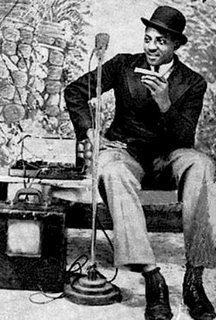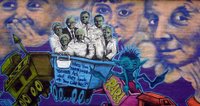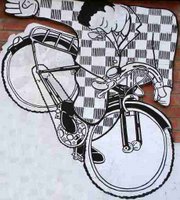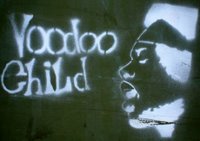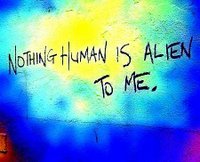
O'Neill's of Pearse St.
The book group was a great success. There was a hard core of people who read each book, and at one meeting there were about twelve people present. We even held a Kris Kindle of books at Christmas. It soon became apparent at the gatherings that the atmosphere was informal and social. I used to refer to it as ‘going for pints with a theme’, because that was really all we were doing. At each meeting we would go around the table, and each person would give his or her first impressions of the book to be discussed. This then developed into the usual pub discussion, but with a little more focus and energy. Everybody was familiar with the material being discussed, and had given it a little thought before the meeting, which made for a fascinating discussion. It never ceased to amaze me how somebody else’s perspective could open up a whole new way of looking at a book with which I thought I was pretty familiar.
We went through several books over the course of the group’s existence. Of course, as soon as I try to remember all of the books we read, my mind goes blank. But after some thought I have come up with a list of just some of the books we discussed:
H G Wells - The Country of the Blind - USA
Patrick Suskind - Perfume - Germany
Margaret Atwood - Surfacing - Canada
James Joyce - The Dead - Ireland
Evelyn Waugh - Vile Bodies - UK
Paulo Coehlo - The Alchemist - Brazil
Jann Martel - The Life of Pi - author born in Spain but has national links all over the place
As you can see, there was a range of authors of different nationalities, eras and styles. This book group was one of the most stimulating projects I have ever been involved in.

Booker prize-winner The Life of Pi
Around this time, there were also a couple of poetry nights organised by people in the office. At first, this may sound like a totally bizarre, pretentious and unappealing idea. But the concept worked incredibly well. The first poetry night took place in Maguire’s pub on Baggot St. There were a group of about 15 to 20 people in attendence, and we had a large alcove entirely to ourselves. We brought along little books of poetry, and poems printed out from the internet, and then sat drinking for an hour or so before the poetry began. A poet named Emer Davis, who had organised the event, stood up and read a couple of poems of her own, and then she was followed by other members of the crowd. In the end, everybody present had read out at least one poem, however reluctant they had been at the outset. I read a few verses from Edgar Allen Poe’s The Raven. Blake was also in attendance:
To see a World in a Grain of Sand
And a Heaven in a Wild Flower,
Hold Infinity in the palm of your hand
And Eternity in an hour.
By the end of the night, a guitar had appeared, and the poems had turned into songs. In true democratic fashion, the guitar was passed around the room, and we heard musical poetry from Dylan and others, as well as a few originals. I heard a couple of really impressive Limericks as well (and one or two obscene ones).
There was a young lady from Bright
Who could travel faster than light
She went off one day
In a relative way
And arrived back the previous night.
A second poetry reading was held months later in honour of Anti-Racism week, which included Refugee Blues by W H Auden and a few protest songs by Phil Ochs. It might seem like an unusual idea, but it makes for a great fundraiser as well as a great night out.

A Tale of Two Cities
The reason I’m recalling these heady days of boozy literature appreciation is that the old book group is now in the process of being resurrected. We have yet to have a proper meeting, as it is difficult to drag together a critical mass of people now that the original group have been dispersed to different offices and locations. We met last week to discuss Pulitzer prize-winner Jhumpa Lahiri’s work of genius, The Namesake, but the discussion of this book was postponed due to cancellations and failures of email (long story). We might revisit this book in the future, but at the next gathering of the book group, which will take place in July, Charles Dickens’ classic A Tale of Two Cities has been chosen. All are welcome to join the group, so if you’re interested just drop a comment after this post and I’ll get in touch or put you on the mailing list.


